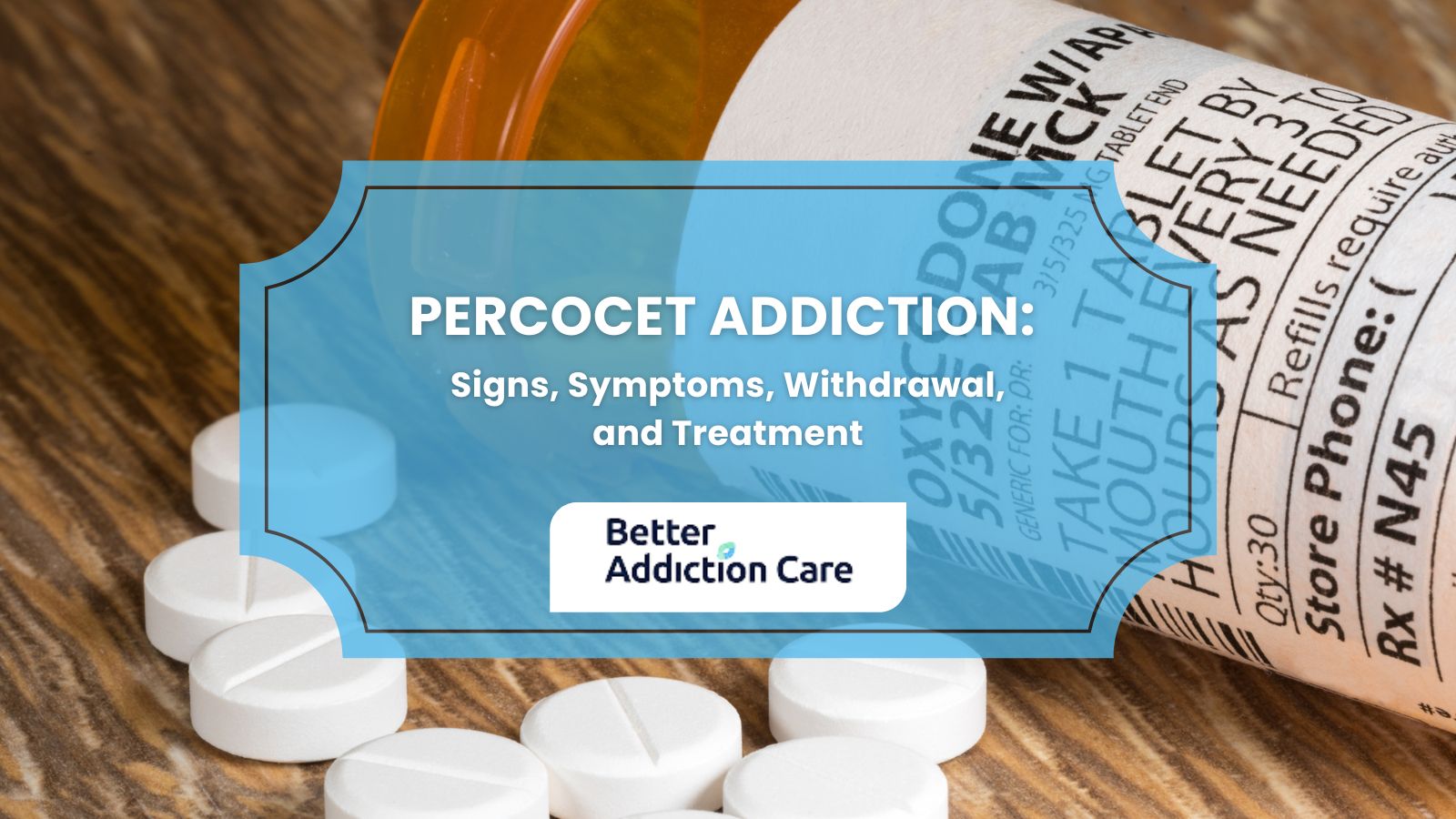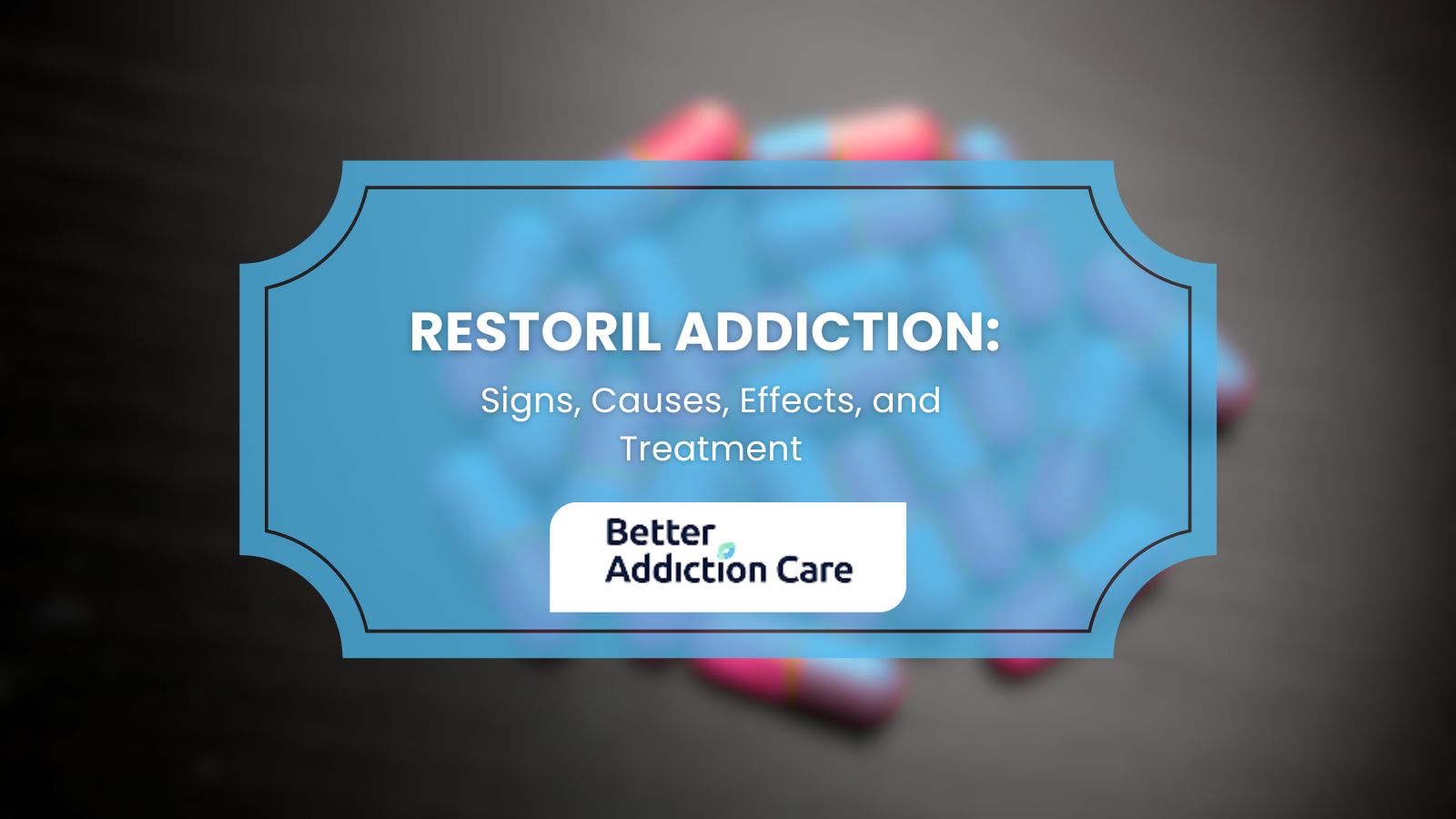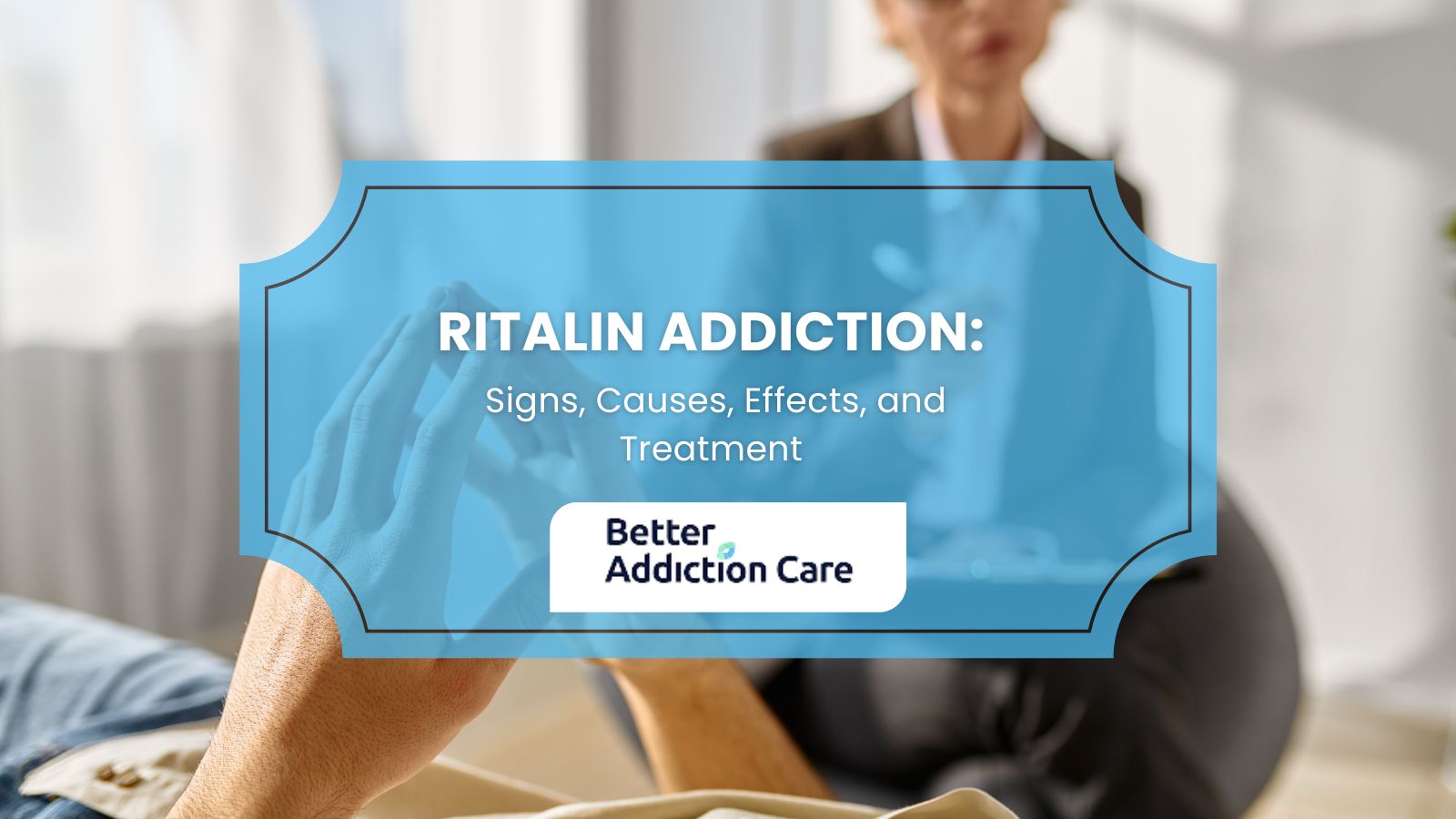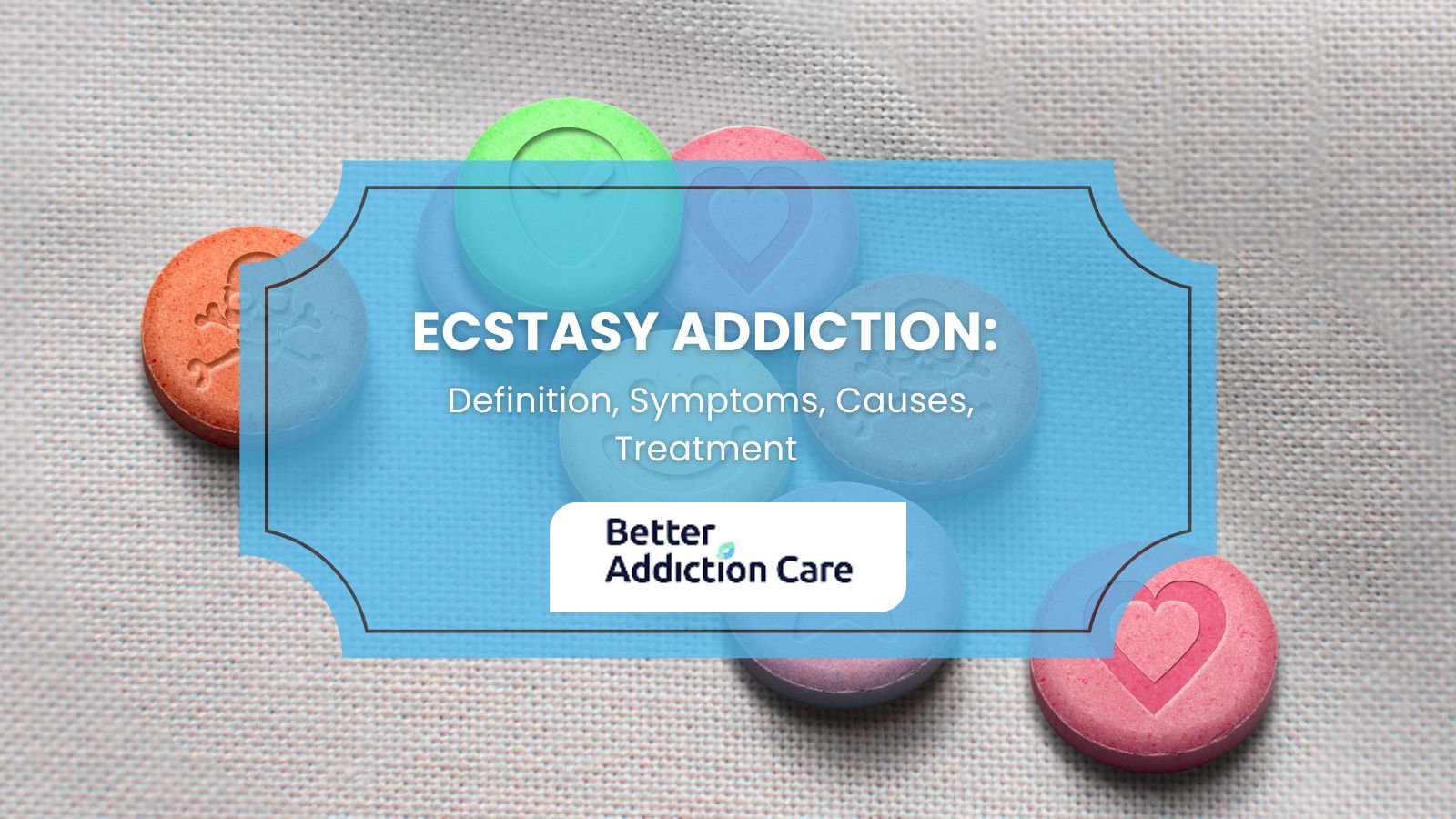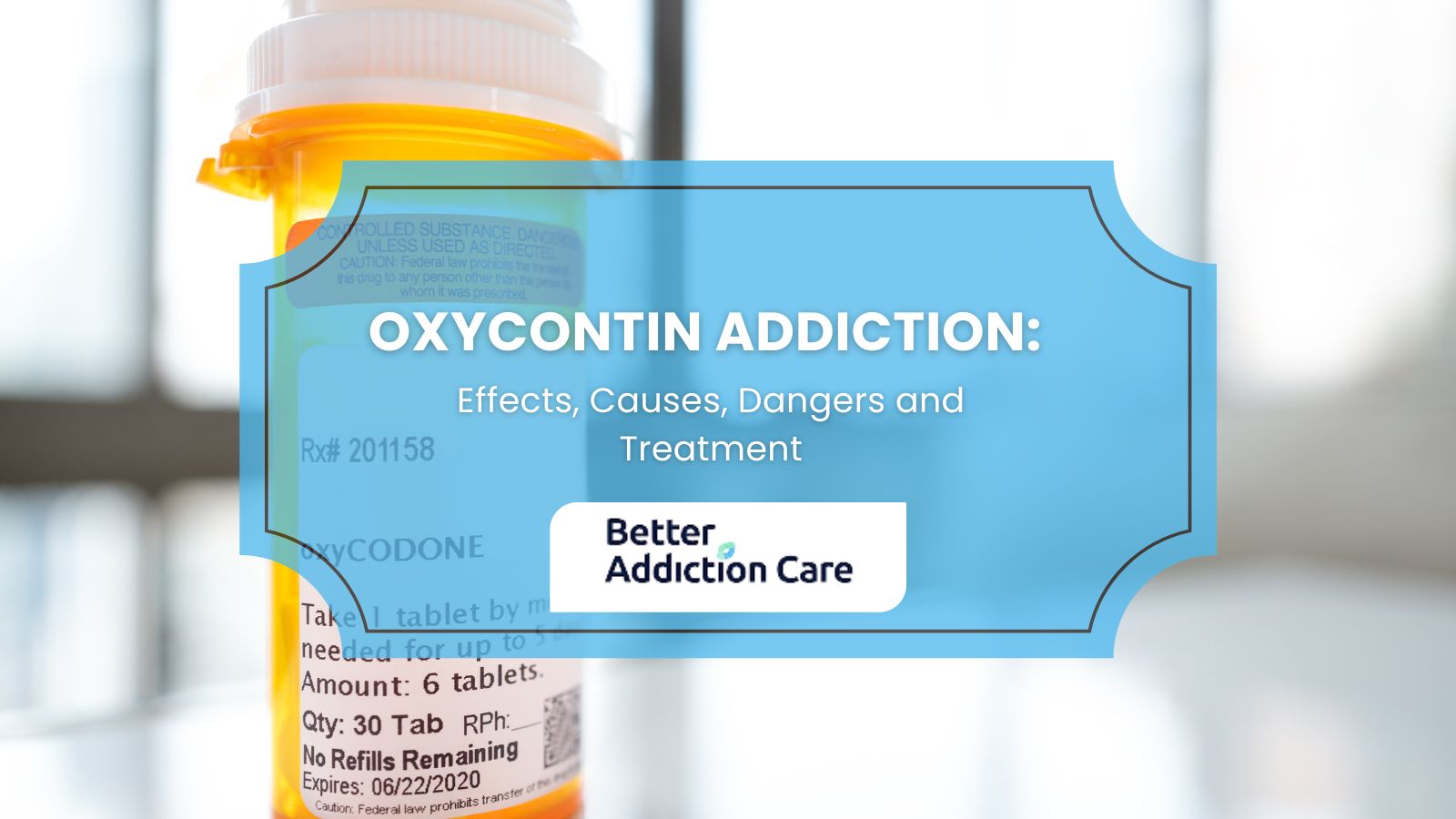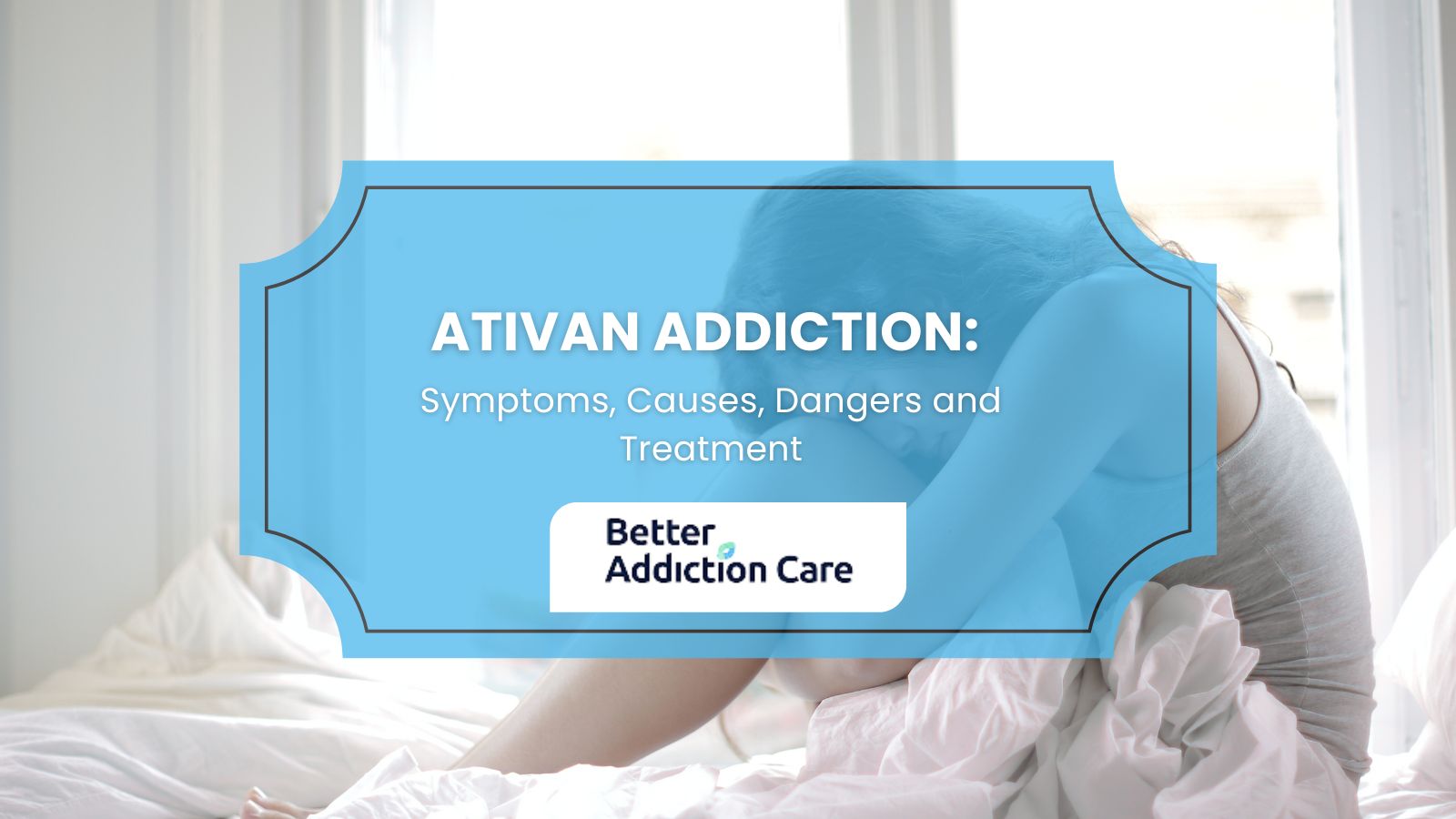West Palm Beach VAMC - St. Lucie County PTSD Clinical Team OP Program

Overview
West Palm Beach VAMC - St. Lucie County PTSD Clinical Team OP Program is a substance abuse treatment center for people seeking treatment near St. Lucie County. As part of their treatment modalities for recovery, West Palm Beach VAMC - St. Lucie County PTSD Clinical Team OP Program provides family counseling, individual psychotherapy, and cognitive behavioral therapy during treatment. West Palm Beach VAMC - St. Lucie County PTSD Clinical Team OP Program is located in Port St. Lucie, Florida, accepting private health insurance for treatment.
West Palm Beach VAMC - St. Lucie County PTSD Clinical Team OP Program at a Glance
Payment Options
- Private health insurance
- Cash or self-payment
- U.S. Department of VA funds
- Medicare
- Federal military insurance (e.g., TRICARE)
Assessments
- Comprehensive mental health assessment
- Comprehensive substance use assessment
Age Groups
- Adults
- Young adults
Operation
- State government
- U.S. Department of Veterans Affairs
Highlights About West Palm Beach VAMC - St. Lucie County PTSD Clinical Team OP Program
6.94/10
With an overall rating of 6.94/10, this facility has following balanced range of services. Alcohol Rehabilitation: 8.00/10, Drug Rehab and Detox: 6.00/10, Insurance and Payments: 6.67/10, Treatment Options: 7.09/10.-
Alcohol Rehabilitation 8.00
-
Treatment Options 7.09
-
Insurance and Payments 6.67
-
Drug Rehab and Detox 6.00
Accreditations
The Joint Commission:

The Joint Commission, previously known as JCAHO, is a nonprofit organization that accredits rehabilitation organizations and programs. Established in 1951, its mission is to enhance the quality of patient care and showcase excellence in healthcare delivery.
Registration: 97570
Treatment At West Palm Beach VAMC - St. Lucie County PTSD Clinical Team OP Program
Treatment Conditions
- Mental health treatment
- Alcoholism
- Opioid Addiction
- Substance use treatment
- Co-occurring Disorders
Care Levels
- Detoxification
- Aftercare
- Outpatient
Treatment Modalities
- Family counseling
- Individual psychotherapy
- Cognitive Behavioral Therapy
- Eating Disorder Treatment
- Nicotine replacement
Ancillary Services
Languages
- Sign language services for the deaf and hard of hearing
- Spanish
Special Programs
- Clients with HIV or AIDS
- Active duty military
- Persons with eating disorders
- Clients who have experienced trauma
- Persons with post-traumatic stress disorder (PTSD)
Contact Information
Read our Most Recent Article About Drug Addiction
DISCLAIMER: The facility name, logo and brand are the property and registered trademarks of West Palm Beach VAMC - St. Lucie County PTSD Clinical Team OP Program, and are being used for identification and informational purposes only. Use of these names, logos and brands shall not imply endorsement. BetterAddictionCare.com is not affiliated with or sponsored by West Palm Beach VAMC - St. Lucie County PTSD Clinical Team OP Program.
